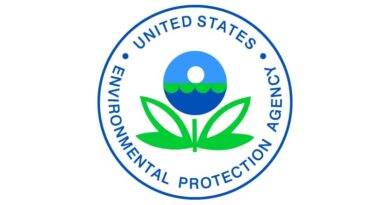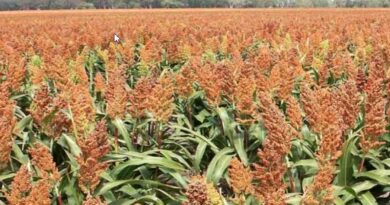US EPA announces approval of Louisiana, New Mexico, and Texas State Certification of Pesticide Applicator Plans
29 September 2023, US: The U.S. Environmental Protection Agency is finalizing stronger standards for individuals who use Restricted Use Pesticides (RUPs) in the states of Louisiana, New Mexico, and Texas. The current state plans have been revised to meet or exceed the improved safety requirements in the 2017 Certification of Pesticide Applicators Final Rule (CPA).
″Misuse or disregard of pesticide safety standards can impact vulnerable populations, therefore it is imperative that we keep improving and maintaining pesticide safety requirements,″ said Regional Administrator Dr. Earthea Nance. ″With these approvals, EPA is taking critical steps to reduce exposure to the environment and to safeguard human health.″
There are approximately 66,000 pesticide applicators in Louisiana, New Mexico, and Texas certified to use RUPs and an estimated 200,000 farm workers who may work around RUPs. Applicators, the public, and the environment are at risk from exposure to mishandled or misapplied RUPs. The revised State Certification Plans are intended to enhance and improve the competency of certified RUP applicators and persons working under their direct supervision (noncertified applicators). EPA expects that improving the competency of certified and noncertified applicators will help ensure that RUPs are used according to their labeling and will reduce pesticide exposure and illness among applicators, farm workers, the public, rural communities, and children, as well as preventing unreasonable adverse effects to the environment.
EPA understands the importance and dangers of RUPs, therefore it has verified that these three State Plans meet or exceed the updated and more stringent federal regulations. The revisions of these plans incorporate long-standing requests and environmental justice concerns from communities, including improved training for people applying RUPs under direct supervision, protection of minors, and additional training for certain high-risk classes of pesticides. Major areas of improvement under the CPA:
- New categories: A certificate is now required for aerial, fumigation, and predator control RUPs. These high-risk pesticides now require specific training due to the difficulty of application without causing sever harm by off-target exposure.
- Minimum age: Applicators must be 18 to apply RUPs (with limited age exemption (16) for some uses on family farms by noncertified applicators under the direct supervision of a certified applicator).
- Noncertified applicator qualifications: Those applying RUPs under direct supervision of a certified applicator must receive training in a manner they can understand. Applicators must verify training records for those working under their supervision prior to applying RUPs.
- Recertification: Certifications are valid for a maximum of five years. Previously no federal limit.
These three plans have met the CPA’s minimum requirements and have tailored the programs to their states’ needs. The program changes will be implemented over time, according to their plans’ implementation schedules. In addition to the stronger standards for use of RUPs in these states, EPA is further assisting communities by conducting additional bilingual outreach to farmworkers and associations that work with farmworkers. At the end of August, EPA began this effort by participating in worker rights forums in Hatch, New Mexico, El Paso and Socorro, Texas, to engage with farmworkers and related organizations to raise awareness of the FIFRA’s workers protection standards. EPA has awarded $40,000 to the Texas Tech University Health Sciences Center in El Paso to provide education on pesticide use and its potential health impacts to migrant farmworkers and their families along the U.S./Mexico border.
Of the 56 proposed plan revisions submitted by state and territory certifying authorities, 40 have been approved. The regulatory deadline for approving revised certification plans is November 4, 2023. EPA continues to collaborate with State Departments of Agriculture to resolve the Agency’s comments on the remaining plans. (from agropages)
Also Read: More Power. More Intelligence. New Holland presents the new T7.340 HD with PLM Intelligence
(For Latest Agriculture News & Updates, follow Krishak Jagat on Google News)















